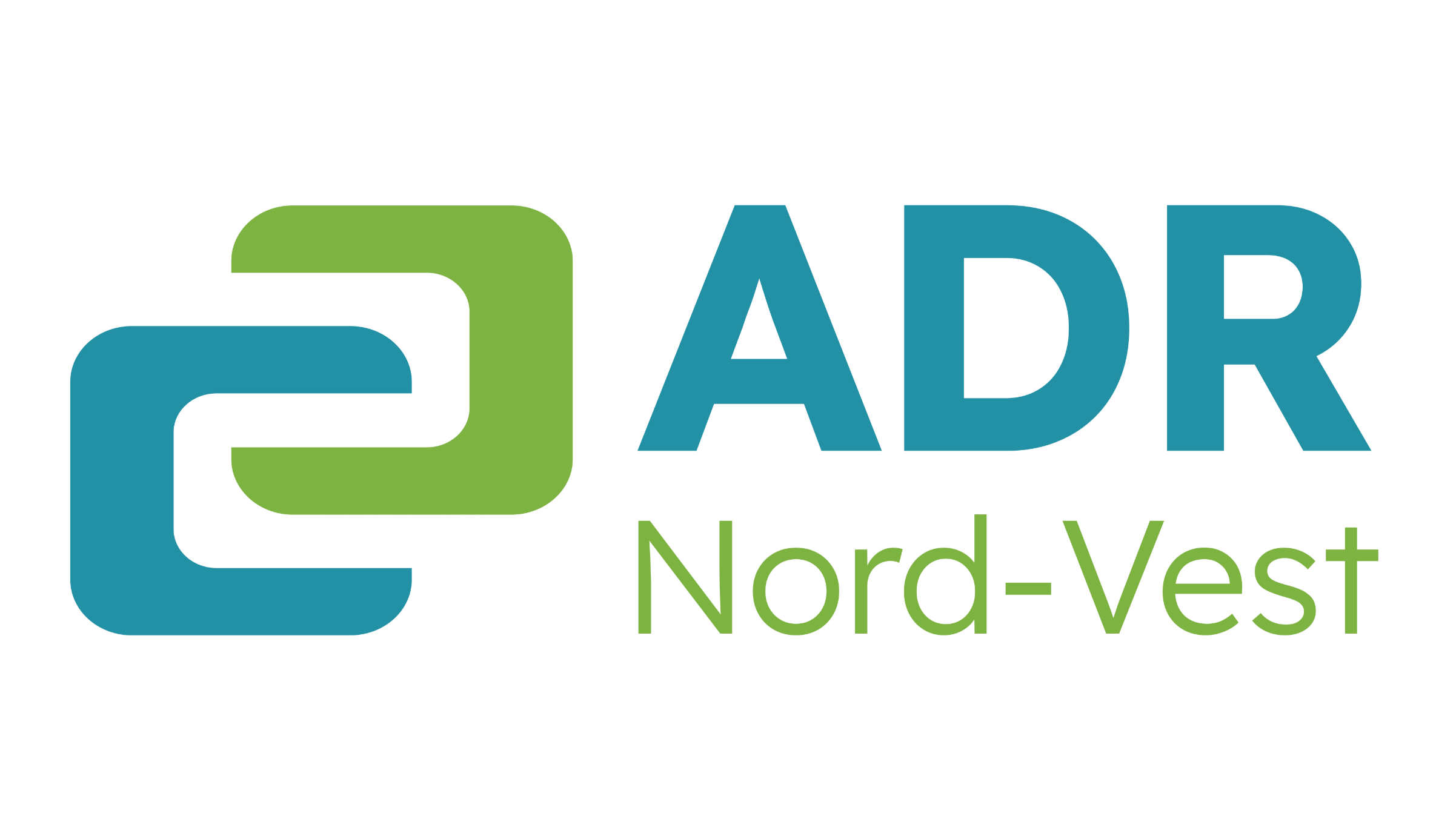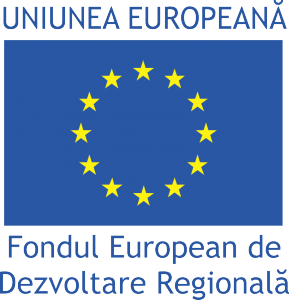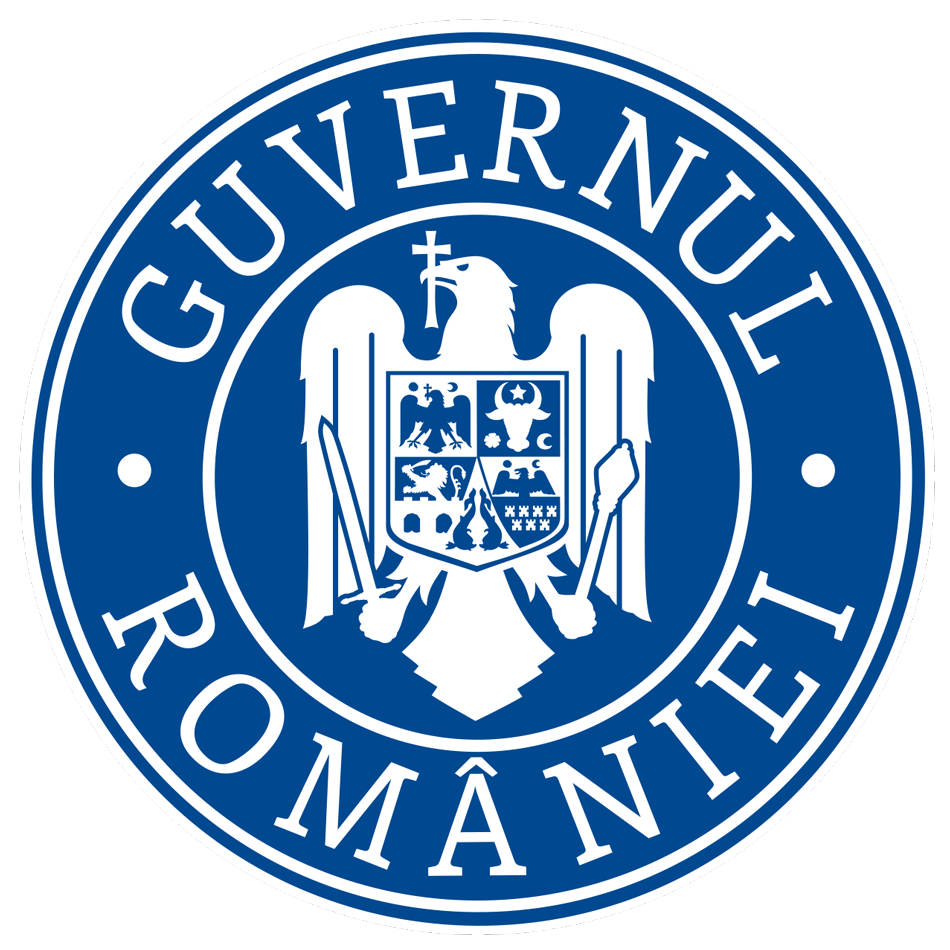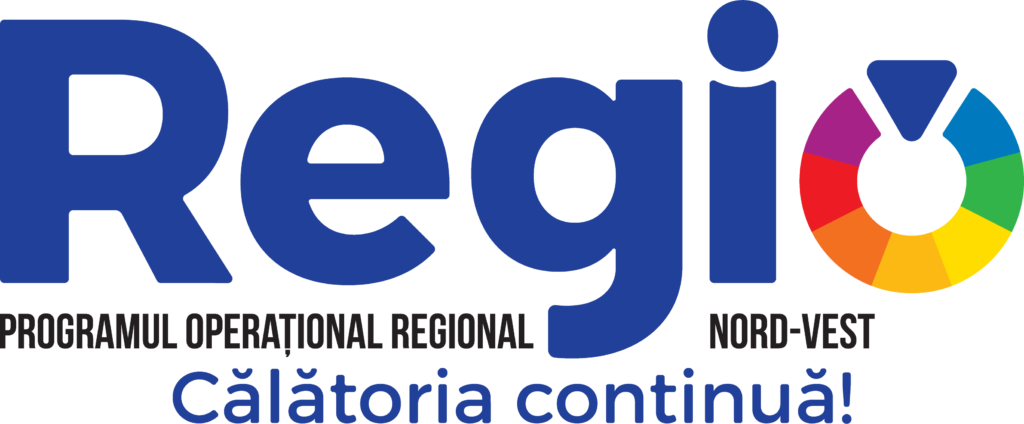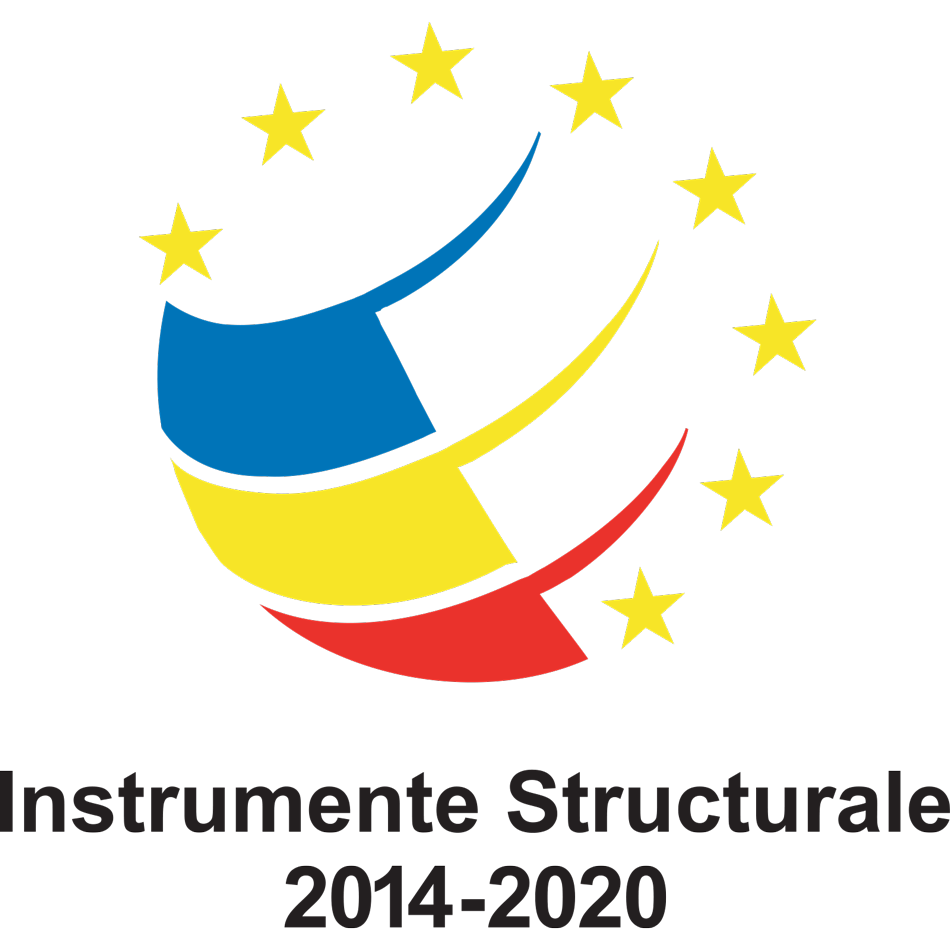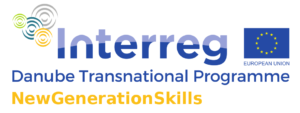 Young people have the potential to be an engine of change for the better in their community through innovation. However, 62% of young people in Central and Eastern Europe are not interested in starting their own business, while one in five would like to but consider it too difficult. This low level of entrepreneurial culture, as well as the lack of innovation management capabilities, is a key challenge in several states in the Danube Region. Capitalizing on the potential of young people first of all requires the development of skills and the creation of a favorable environment, in which their ideas can take the form of entrepreneurial actions with a high social added value, which constitute worthy examples for the public and private environment at the transnational level.
Young people have the potential to be an engine of change for the better in their community through innovation. However, 62% of young people in Central and Eastern Europe are not interested in starting their own business, while one in five would like to but consider it too difficult. This low level of entrepreneurial culture, as well as the lack of innovation management capabilities, is a key challenge in several states in the Danube Region. Capitalizing on the potential of young people first of all requires the development of skills and the creation of a favorable environment, in which their ideas can take the form of entrepreneurial actions with a high social added value, which constitute worthy examples for the public and private environment at the transnational level.
The NewGenerationSkills project, financed by the Danube Transnational Program 2014-2020 and implemented at the local level by the North-West Regional Development Agency and the Cluj Metropolitan Area Association, aims to improve the existing cooperation mechanisms between the main local actors (the business environment, youth organizations, university environment, municipality, etc.) in order to create a transnational network of "innovation laboratories". At the level of the Cluj-Napoca Metropolitan Area, there are several dispersed initiatives that encourage innovation and the development of entrepreneurship among young people. Through this project, we aim to integrate these fragmented approaches into a unified whole, ensuring a physical space where these actions can take place and a suitable framework for this purpose. By developing a dynamic learning package, based on the needs of the community, this support scheme is aimed especially at young people (15-29 years old) in transition from school to the labor market, motivated but insufficiently qualified to generate new ideas and take the first steps in the world of entrepreneurship.
The project takes place under the coordination of the City Hall of District 11 - Újbuda - from Budapest (Hungary) during the period January 2017-June 2019.
